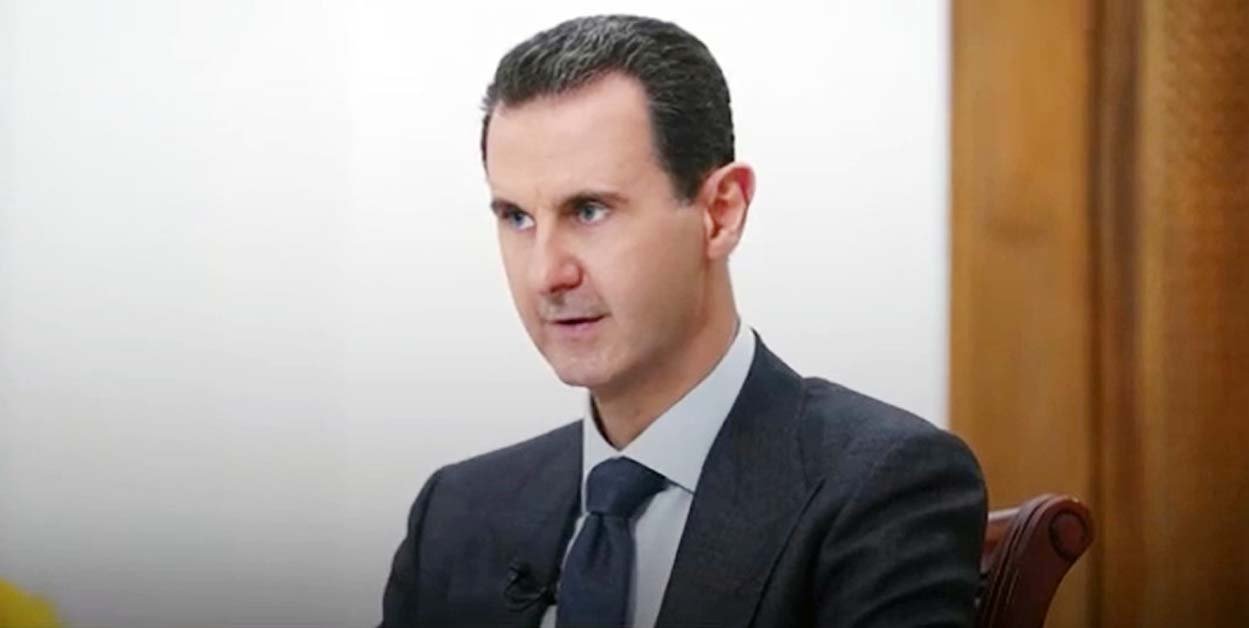After his government fell on December 8, 2024, former Syrian President Bashar al-Assad delivered his first public remarks. Speaking from an unidentified location, Assad blamed “terrorist” actions supported by foreign powers for his collapse, charging outside forces of planning a campaign to destabilize Syria. His remarks go on his long-standing story of attributing the country’s problems on outside intervention.
Details of Assad’s Statement
Assad underlined assertions that, despite a multinational conspiracy including Western powers and regional parties, his administration behaved in Syria’s best interests. He asserted that these forces aided insurgent organizations to overthrow the government. Assad underlined the part “terrorism” plays in fragmenting the country and underlined that the measures of his government sought to defend Syria’s sovereignty.
This rhetoric reflects remarks Assad made early in his presidency, when he presented the civil war as an attack from without on Syrian unity. Experts think that while external pressures played a role, domestic issues, including extensive corruption, economic collapse, and severe crackdowns on dissidents, were important in mobilizing protesters and toppling his authority.
Post-Assad Syria: A Fractured Landscape
With local militias and outside countries vying for dominance, Assad’s fall has left Syria sharply split. In northern Syria, Turkey has expanded operations against Kurdish groups, which it deems terrorist organizations, further complicating efforts to stabilize the region. Meanwhile, Iran and its allies, including as Hezbollah, have doubled down on their presence to secure strategic footholds.
Russia, a long-time supporter of Assad, is intent on keeping its military bases in Tartus and Latakia. In contrast, the U.S. and its European partners are prioritizing steps to avert a resurrection of extremist groups like ISIS while aiding Kurdish-led militias in the northeast.
The Humanitarian Crisis Worsens
The power vacuum and continued conflicts have exacerbated Syria’s already terrible humanitarian disaster. Over 13 years of civil war have displaced more than 13 million people, with half of the population still depending on humanitarian aid. Infrastructure around the country has been ravaged, leaving civilians without access to basic essentials such as clean water, healthcare, and education.
Non-governmental groups underline the urgent need for responsibility and justice for war crimes committed during Assad’s regime. Lama Fakih, Middle East director for Human Rights Watch, observed, “This transition offers an unprecedented chance for justice, but only if the new leadership prioritizes accountability over revenge.”
International Reactions
Global powers are divided on the next actions for Syria. The United Nations has called for rapid peace talks to address the growing bloodshed, but the efforts are impeded by opposing geopolitical interests. The United States has expressed concerns over Iran’s expanding influence, while Israel has cranked up attacks against Iranian positions in Syria.
Regional instability affects neighboring countries like Iraq and Lebanon. Iraq has experienced a resurgence of cross-border extremist operations, while Lebanon struggles with an influx of Syrian refugees, deepening its economic and political issues.
Future Prospects
The road ahead for Syria remains murky. Experts agree that a successful transition will require considerable international collaboration focused on restoring infrastructure, resettling displaced communities, and guaranteeing justice for war crimes. However, the existence of many foreign countries with different goals makes securing sustainable peace an uphill task.
Sources:
- Al Jazeera: Analysis of Assad’s first statement since his defeat.
- Reuters: Geopolitical shifts in Syria post-Assad.
- Human Rights Watch: Perspectives on justice and accountability.
- The Times of Israel: Insights on regional reactions to Syria’s collapse.

